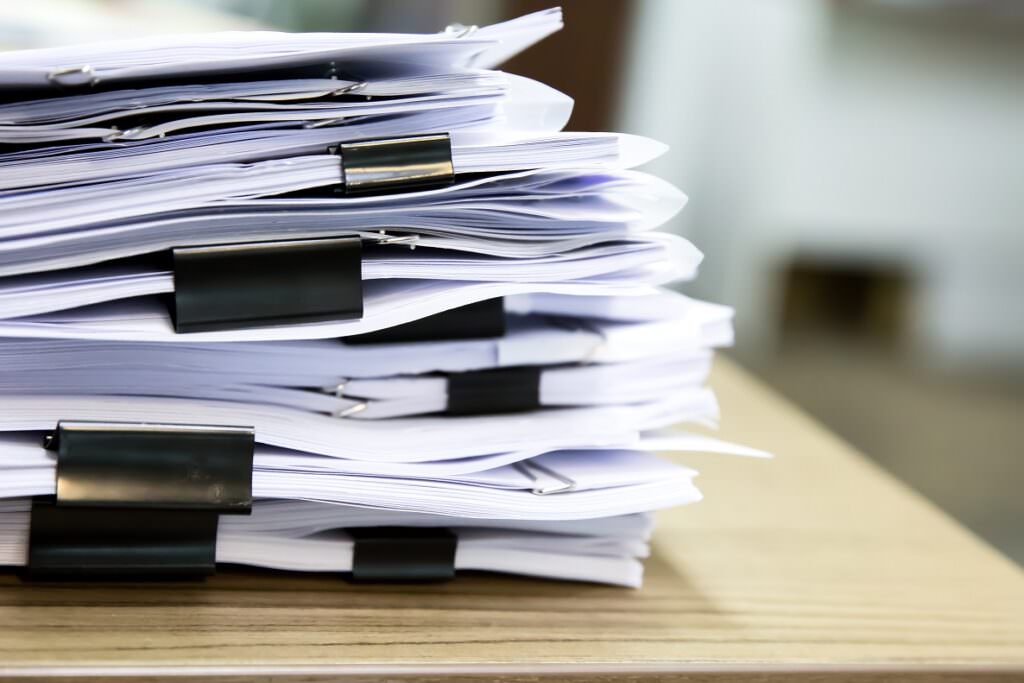RHI FAQ’s

We believe there are many organisations who are eligible for non-domestic RHI payments but are not currently receiving them either because they are not aware of their eligibility, they are daunted by the complex application process, or something has changed with their set-up and they are no longer able to claim their RHI.
What is the RHI and how does it work?
Most of our customers are in receipt of the Non-Domestic Renewable Heat Incentive (NDRHI). The NDRHI is a government programme that provides financial incentives to increase the uptake of renewable heat by businesses, the public sector and non-profit organisations.
Eligible installations receive quarterly payments over 20 years based on the amount of heat generated. The scheme covers England, Scotland, and Wales. There is also a separate Domestic RHI Scheme.
Who is eligible for RHI payments?
Under the non-domestic scheme, businesses, the public sector and non-profit organisations deploying renewable heat. This could include businesses, schools, hospitals, leisure centres, and organisations with district heating schemes. As a general rule of thumb if you have a biomass boiler that was commissioned, as evidenced by the commissioning certificate, after 15th July 2009, it should be eligible for RHI, as long as it meets certain criteria.
How does the process work?
You have to apply for RHI accreditation to Ofgem, the scheme’s regulators. You will also be required to gather a variety of documentation from manufacturers and installers in support of your application. It can be a long and complex process.
What if my boiler was installed before the RHI was officially introduced in 2012?
Don’t let this put you off. AMP has worked with countless organisations in this position and have been successful in gaining RHI accreditation such as Archbishop Sentamu Academy in Hull, which now in receipt of £20k of renewable heat payments per year. This may make the application more complicated, but it is still definitely worth making.
What if my organisation is in receipt of a ‘green’ grant?
Although probably one of the more complex scenarios, it is worth assessing this to see if your organisation would be better off applying for RHI even if it means paying back part of the grant. We have worked with organisations where this has been the case such and they are now financially much better off and enjoying reduced heating bills.
Once I have RHI accreditation is there anything further I need to do?
It is important that you keep hold of all the documentation you gathered as part of your application process as you may need this again in the future.
If anything changes with the set-up of your biomass boiler or if there are any changes to key personnel at your organisation you will need to register a ‘Notification’ to Ofgem. Notifications can take some time to process, and submitting one can also be a fairly lengthy procedure.
You will also need to submit Quarterly Meter Readings to Ofgem to generate a payment and you must keep records of your fuel deliveries and servicing.
AMP – RHI expertise at your fingertips
Don’t worry if the RHI application process sounds too onerous or if you simply don’t have time to deal with it – we’re here to help. AMP’s expert team has helped 40 organisations to gain RHI accreditation. This has covered a variety of organisations including schools, hospitals, housing associations, leisure centres and district housing schemes. We have also dealt with a range of different scenarios such as organisations already in receipt of grants, or who had their boiler installed before the RHI came into force. Our experienced team can cut through the RHI maze and help gain payments on your behalf.
In addition to applying for RHI accreditation, our expert team can also help with providing Notifications or resolve other RHI issues as well as providing Quarterly Meter Reading submissions to Ofgem.
